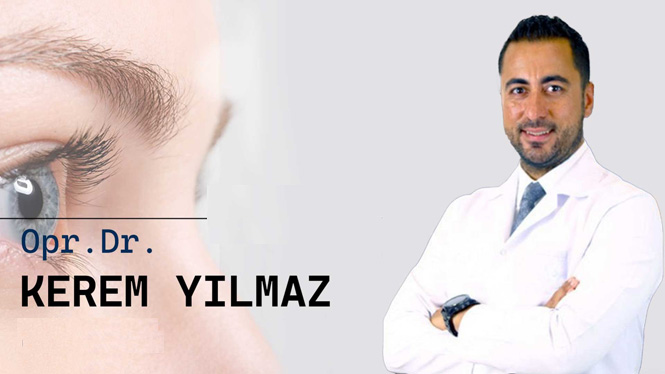Opening Hours: 7/24 (Mon - Sun)
Question? Call Us at +(090) 5322762574

Eye health is one of the most important parameters for all living things. It is critical enough to overlook the health of the rest of the body when eye health is compromised. The high level of technology available today makes it possible to solve a wide variety of health problems compared to the past. Your eyes are an important part of your overall health and wellbeing. Maintaining a healthy lifestyle and getting your eyes tested regularly can help you to keep your eyes healthy.
It is easy to neglect your eyes because they don’t often hurt when there is a problem. Getting your eyes tested won’t just tell you if you need to get new glasses or change your prescription. It will also check your general eye health. An eye test can detect many general health problems and signs of eye conditions before you are aware of any symptoms, many of which can be treated if found early enough. Poor eyesight can also lead to falls, so getting your eyes checked will also help you to avoid injury. Optometrists and opticians recommend that you get your eyes tested at least every two years. People over 40 or who are from black and other ethnic minority groups may need their sight tested more often. You should also visit your optician if you notice any change in your vision or if you have any concerns about your eye health.
There are a number of things you can do to protect your eye health, including;
- quit smoking or never start - research has linked smoking to an increased risk of age-related macular degeneration, cataract and optic nerve damage, which can all lead to blindness
- protect your eyes from the sun - never look directly at the sun, doing so can cause permanent damage and can even cause blindness (wearing a wide-brimmed hat and sunglasses can help protect your eyes)
- maintain a healthy weight and take regular exercise - being overweight or obese can increase your risk of developing diabetes or other conditions which can lead to loss of vision
- limit alcohol intake - drinking too much alcohol can increase your risk of age-related macular degeneration – stick to recommended limits
- give your eyes a rest - if you spend a lot of time looking at a computer your eyes can get tired so take regular screen breaks to reduce eyestrain
wear safety goggles when necessary in the workplace, when doing DIY and/or sporting activities

Eye Health and Diseases Specialist Dr Kerem Yılmaz won the Ege University Faculty of Medicine after a successful education life. After completing his undergraduate education at this university, Dr Kerem Yılmaz completed his residency at Dokuz Eylül University Faculty of Medicine, Department of Ophthalmology and was entitled to the title of Ophthalmologist.
We use implants made of titanium, a material that is the healthiest, the most compliant with natural tissues and the most durable. Since the success of dental implant treatment depends on the planning process specific to the individual, our clinic carefully analyzes the age, bone structure, axis length of the patients as well as the number and location of their missing teethWhile studying at Dokuz Eylül University Department of Ophthalmology for four years, our physician conducted a thesis study involving about 300 patients on corneal changes occurring in cataract surgery patients. As a result of his 8 years of professional experience, our physician developed a surgical method using the study's data. In this way, he has achieved high patient satisfaction with nearly 2000 patients operated on during his 4-year specialisation. Dr Kerem Yilmaz, who actively uses both hands to apply the surgical method he calls Bi tech, is one of the few surgeons who can use both hands in our country who has developed himself in this field. Thanks to this method, he performs the refractive lens replacement procedure called smart lens surgery with high patient satisfaction and predictable results. Our physician, who is experienced in complications that may develop in cataract surgery and postoperative solutions, provides visual improvement even in operated patients by performing secondary intraocular interventions with high difficulties such as lens replacement, scleral fixation, and iris correction.
Areas of Special Interest